
University Inc.
The Corporate Corruption of Higher Education
Recommendation
Jennifer Washburn’s investigation inside U.S. universities is disturbing. She paints a portrait of colleges that have forgotten their primary mission and societal role. That is upsetting enough for readers who cherish fond memories of free-thinking college days, but its implications reach far wider. She cites restraints on free inquiry and free speech that should alarm civil libertarians. Her reports of far-reaching attempts to generate profit through patents and technology transfers should concern businesspeople. The most perturbing element of Washburn’s analysis covers how drug and medical trials have changed, as their control has shifted from the impartial hand of traditional science to the vested authority of pharmaceutical companies. She even implies that anyone using a drug developed in such trials is at risk. The issues in higher education are so sweeping that, at times, Washburn’s treatment is more a foreboding sketch than a complete analysis. That aside, getAbstract recommends it to anyone interested in a well-articulated, strong point of view about higher education, or anyone who follows the issues involved in having a well-functioning civic society, including quality higher education.
Summary
About the Author
Jennifer Washburn is a journalist and a fellow at the New America Foundation. She is a former fellow at the Open Society Institute.







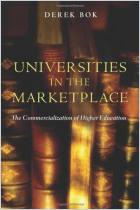

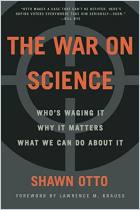
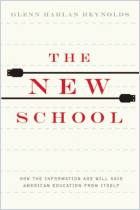
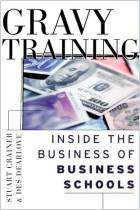
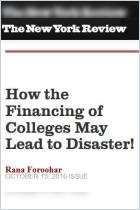

Comment on this summary or Démarrer une discussion